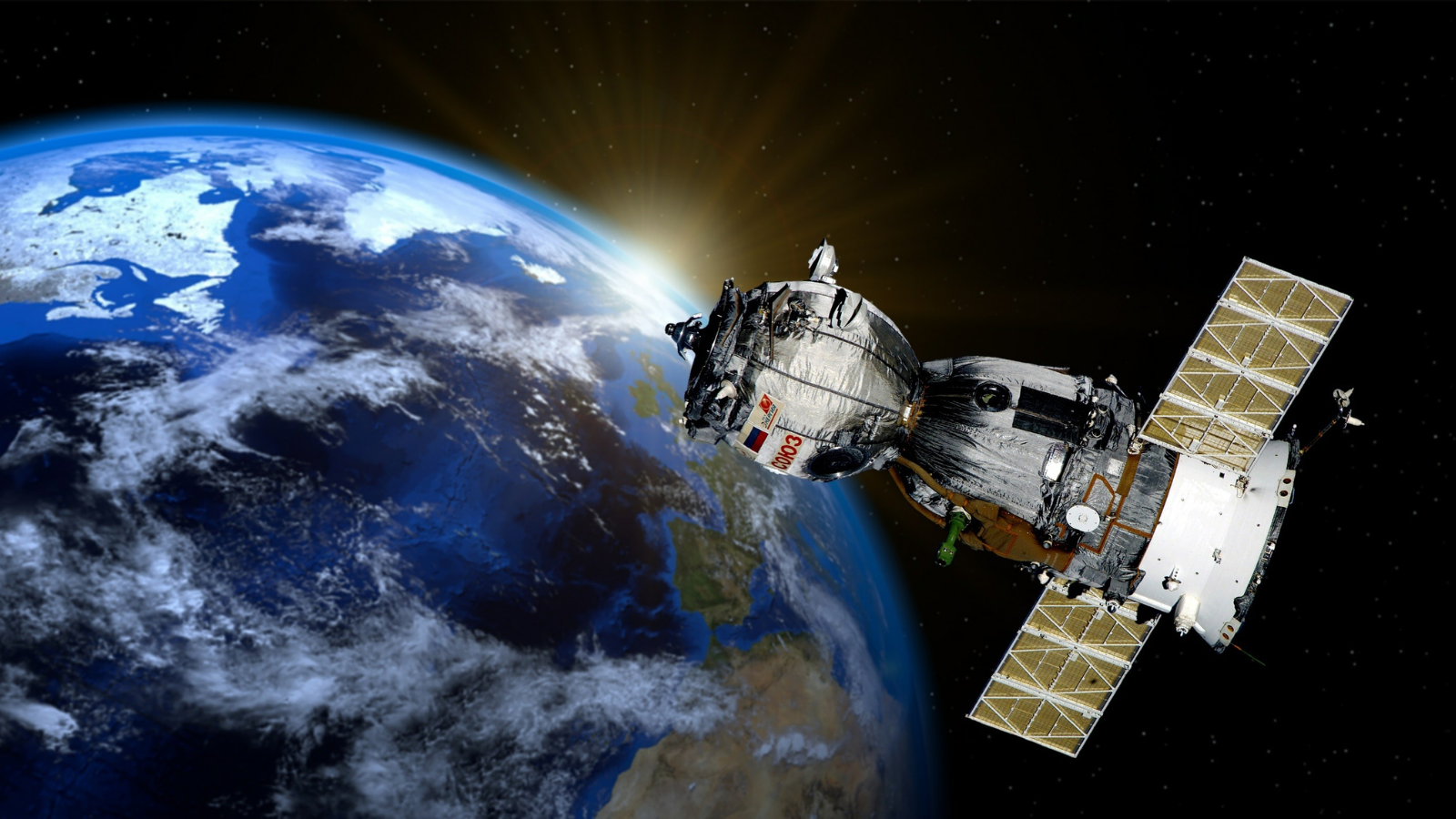ULA's Vulcan Rocket Soars to Success with Historic Moon Mission
In a major development for the aerospace industry, United Launch Alliance successfully launched its inaugural Vulcan rocket from Cape Canaveral, Florida. This 202-foot-tall rocket carried the Peregrine lunar cargo lander, a critical payload for Astrobotic, on a mission bound for the moon. Astrobotic's lunar landing attempt on February 23 could mark the first American soft landing on the moon in over 50 years under NASA's Commercial Lunar Payload Services initiative.
The Vulcan rocket's debut is significant as it positions ULA to compete with SpaceX, which has dominated the launch market. SpaceX had an impressive year with 96 successful Falcon rocket missions in 2023. ULA plans to increase Vulcan's launch frequency and has already secured over 70 missions, including Space Force contracts and launches for Amazon's Project Kuiper satellites.
This achievement also highlights the success of Jeff Bezos' Blue Origin, which provided the rocket's main engines. Blue Origin's BE-4 engines powered the Vulcan rocket, signifying a significant milestone for both companies. Moreover, discussions about selling ULA, jointly owned by Boeing and Lockheed Martin, have gained momentum, with several interested parties including Blue Origin, Cerberus Capital Management, and Textron.
WHY IS THIS IMPORTANT FOR MY INDUSTRY?
Looking ahead, as more rockets take off, there's a pretty good chance we'll see more stuff going up into space like satellites and research gear. And when that happens, there's gonna be a bigger need for rides to get these things to where they need to launch, like launch sites, spaceports, and testing places.
What's interesting is that the space industry depends on a massive global supply chain to get all the bits and pieces for building rockets. If anything wobbles in the space world, it can send ripples through this whole chain, affecting suppliers and the folks who move things around. We might even see changes in how stuff gets from one place to another.
Now, here's the exciting part: with more companies competing to launch stuff into space, we might start seeing it all get cheaper. This could affect when and how we decide to move things around in space. So, it's not just about rockets; it's about the whole game getting more interesting and maybe even more affordable.
🔥 OUR HOT TAKE?
As we celebrate ULA's Vulcan rocket's recent triumph in the space game, it's only natural to wonder if we're steering the spaceship in the right direction. The space race has transformed into a bit of a wild scramble, with companies like SpaceX, Blue Origin, and ULA all racing for the top spot.
Some might say all this fierce competition could tempt us to cut corners when it comes to safety… and keeping Mother Earth in mind. We've seen some incredible leaps forward, but we've also had our fair share of unfortunate mishaps. Are we maybe taking some risks just to keep the tech train chugging along and the money rolling in?
And let's not forget, while we're reaching for the stars, there are some pretty big problems we're facing right here on our home planet. The mind-boggling costs of space adventures and rocket rides could potentially be used to tackle urgent global issues like climate change, poverty, and healthcare.













A Japanese solid-fuel rocket, Kairos, faced a major setback during its inaugural launch as it exploded just seconds after liftoff.